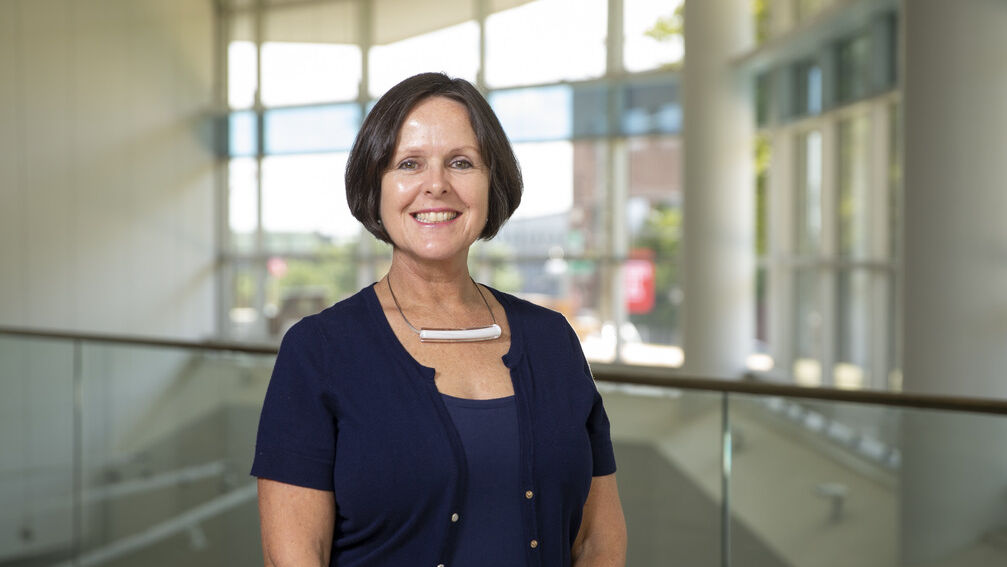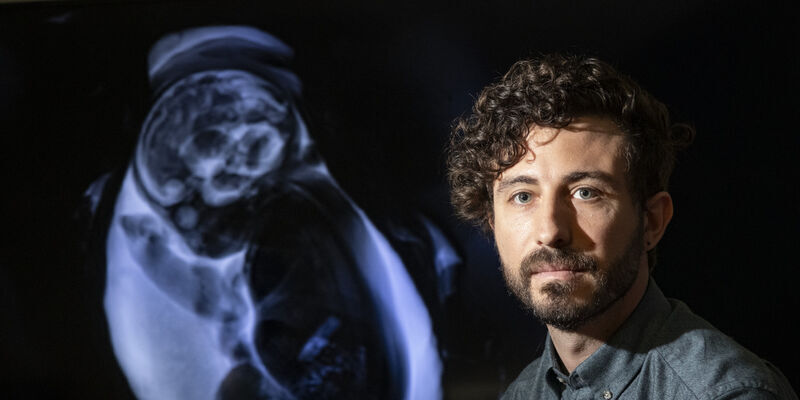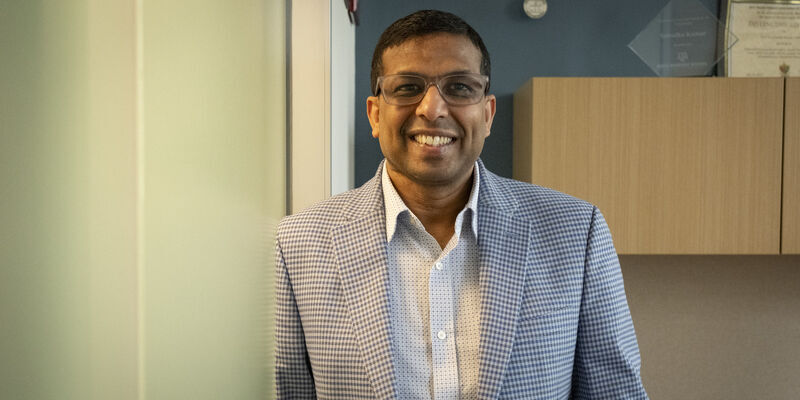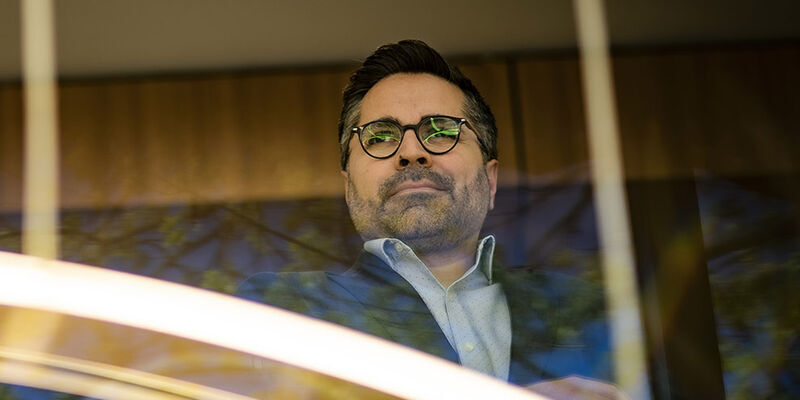Temple researcher uses music to fill gaps in consciousness assessment of children with brain injuries
Wendy Magee, a professor at Boyer College of Music and Dance, has published a paper on the validity of MuSICCA, a music-based consciousness assessment tool for children and youth with disorders of consciousness.

If you’ve ever wept to a sad song or spent hours dancing at a concert, you know how powerful music can be.
Temple University Professor of Music Therapy Wendy Magee is tapping into that power by using music to assess consciousness in children and youth with brain injuries.
In a recent paper titled “The development and face validity of the music therapy sensory instrument for cognition, consciousness, and awareness (MuSICCA),” Magee and her collaborators demonstrate the face validity of a consciousness assessment tool known as MuSICCA. Face validity is the degree to which a test appears to measure what it is intended to measure.
“We can see that by using live music stimulation that is carefully designed to elicit responsiveness, the MuSICCA creates the conditions for assessing consciousness in children with brain injuries. It’s definitely something we want to continue to study,” said Magee.
The tool uses music to assess consciousness in children and youth aged 2–18 who have experienced massive brain injuries and disorders of consciousness, usually as the result of an accident. Relying on live music that is meaningful to the child, including their name and sounds that excite them, the MuSICCA gauges the child’s reaction and responsiveness to their environment.
“We're trying to stimulate the child and young person, but also to have a look at their behavioral responses,” said Magee. “Do they turn towards music when we play their favorite song, or sing their name? Do they look towards pictures of favorite musical artists or instruments when you show them? Are they able to make choices in the session, even if they can’t speak or communicate using words? We're having a look at their awareness of their environment and of the other people in the room.”
A current follow-up international study is collecting data with 80 different children at sites in the United States, the United Kingdom and Ireland. The study also includes data from children’s families as well as professionals working with the children including music therapists, speech and language therapists, psychologists, and other health practitioners.
According to Magee, the MuSICCA can fill a much-needed demand for a consciousness assessment tool for children with brain injuries that assesses auditory responsiveness. Since children in this population often have cognitive or sensory issues, motor disorders, and no verbal communication, it can be challenging to assess their levels of consciousness.
“I think professionals can see that having a music-based assessment is really going to bring something to the team's understanding of how a young person can potentially respond, how we might engage them, how we can get the family involved,” said Magee. “I think there's a lot of interest internationally in this tool and how it might benefit the care of the child and young person. But also it might help other team members do their work as well.”
There are currently no validated standardized assessments of awareness for this population, and it is one of the most underresearched populations in medicine due to the difficulty of getting ethical clearance. Assessing consciousness in children with brain injuries is further complicated by the fact that many have not yet reached key developmental milestones.
“We need to adapt adult measures to make sure that they're valid for work with children, that they're appropriate and that they're not testing the child on something they couldn't do before the injury. If we're assessing a child on language, and we say, ‘Well, they're not performing at a standard they should be,’ but they haven't yet developed language in the first place, then that tool isn’t valid,” said Magee.
Magee’s primary collaborator for the study was Jonathan Pool at Anglia Ruskin University’s Cambridge Institute for Music Therapy Research. Other collaborators include Richard J. Siegert from Auckland University and Claire Wood, also from Anglia Ruskin University. The study was funded by the Grammy Museum Foundation, the Music Therapy Charity, the Hospital Saturday Fund, Anglia Ruskin University and Temple University.
Magee’s previous research examines the application of music therapy to neuro-rehabilitation. In 2022, she collaborated with soprano Renée Fleming to examine how music can be a part of interdisciplinary therapies to mitigate symptoms of multiple sclerosis.
“For people with multiple sclerosis, I think there’s great potential for work between physical therapists and music therapists or between physical movement and music,” said Magee. “There's great potential for using music, and particularly pulse and rhythm, to improve somebody's ability to articulate their speech.”


